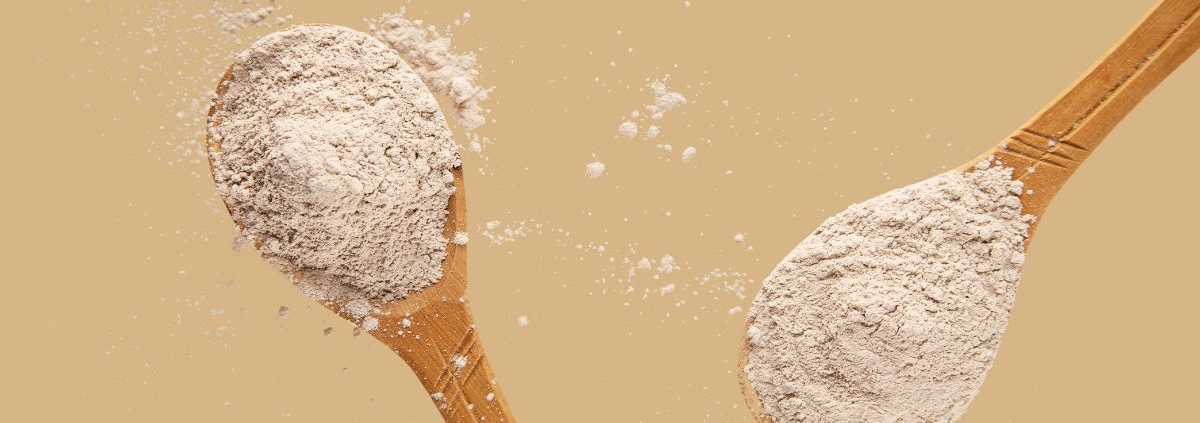Finding the Right Fitness Supplements with Naturopath Mel
By: Bec Harris
Whether you’re hitting the gym daily or just staying active, choosing the right supplements can help your body perform at its best. Naturopath Mel breaks down the most popular fitness supplements and debunk some common myths along the way.
What Are People Taking?
When it comes to fitness supplements, Mel says protein is still the top pick. “Protein always,” she explains. “People want to get the best out of their workout, whether they’re building muscle or just staying active.”
Next on the list is creatine. “It’s fabulous,” Mel says. “We’re finding more and more benefits, especially for women’s health and fun fact: it’s found in breast milk!”
Other common supplements include:
- Branched Chain Amino Acids (BCAAs) for muscle recovery
- Magnesium and electrolytes for hydration
- Pre-workouts and fat burners (with caution)
Do You Really Need Supplements?
Mel says supplements aren’t just for bodybuilders. “We all need muscle,” she explains. “Supplements help your body perform better and recover faster.”
However, she warns against overusing pre-workout products, which often contain caffeine and stimulating herbs. “If you already deal with anxiety or are overstimulated, these can push your nervous system too far,” she says. “You might feel wired but tired.”
What About Fat Burners?
One ingredient Mel recommends for fat metabolism is acetyl l-carnitine, an amino acid that helps your body burn fat more efficiently. “It also supports fertility in both men and women,” she adds. “It’s a great all-rounder.”
Protein Needs
Mel suggests a rough guide of 1–1.5 grams of protein per kilo of body weight per day. “That sounds like a lot,” she says, “but when you break it down across meals and snacks, it’s manageable.”
For powders, quality matters. She recommends:
- Brown rice protein – “Easy on digestion.”
- Whey protein isolate – “Low in lactose and high in protein.”
- Collagen powders – “Great for bones, joints, and skin. About 90% protein.”
For those avoiding dairy, Mel says whey isolate is often tolerated, but watch for symptoms like bloating or gut issues. “If you react, try a different source like collagen or plant-based proteins,” she advises.
Post-Workout Refuel
Protein is most effective within 30–40 minutes after your workout. “You want those amino acids in your system to build lean muscle,” Mel explains.
If you can’t get to real food right away, powders offer a convenient option. “To get 30g of protein, you’d need about 100g of chicken breast or steak,” she says. “Not easy to prep right after the gym!”
Is Collagen as Good as Whey?
When it comes to muscle growth, whey still leads the pack. “Whey has higher levels of leucine,” Mel says. “That’s key for muscle synthesis.”
However, collagen has its perks. “It’s excellent for joints, skin, nails, and gut health,” she adds. “It supports recovery but not quite as much muscle growth.”
The Role of Creatine
Creatine does more than just make your muscles look bigger. “It helps with cellular energy production,” Mel explains. “It also aids recovery, reduces muscle fatigue, and supports brain function.”
It’s especially helpful for women in menopause. “We need to protect muscles and bones,” she says. “Creatine helps with that and mood too.”
How Much Should You Take?
Mel recommends starting with the dosage on the packet but reading labels carefully. “Watch for hidden sugars or artificial sweeteners like aspartame,” she says. “I use an unflavoured creatine and mix it with magnesium.”
Hydration is also crucial. “If you’re increasing protein, you must increase water intake,” she warns. “Otherwise, you could get constipated.”
Food First Supplements Second
Don’t forget about food sources. Mel gives examples like:
- Canned tuna (15g protein)
- Salmon (25–30g)
- Pulse pasta (20g in 100g)
- Lentils, tofu, eggs, and soy
“Two eggs give you 12g of protein,” she says. “Add a powder if needed to boost your intake at breakfast.”
Starting your day with enough protein can stop sugar cravings later. “You’ll feel fuller for longer and avoid that 3pm slump.”
What About Hydration?
If you’re sweating a lot, like FIFO workers or tradies, Mel recommends electrolytes. “Water might not be enough,” she says. “Try coconut water or low-sugar electrolyte mixes to retain hydration.”
Key minerals to watch:
- Magnesium – for muscle function
- Calcium – to support nerves and muscles
- Potassium – essential for hydration and cramp prevention
“Potassium helps fluid enter cells and supports muscle contractions,” Mel says. “It’s also useful for period pain and night-time cramps.”
Final thoughts? “Supplements are helpful but only if they’re right for your body,” Mel says. “Read labels, stay hydrated, and don’t overlook food.”
Article supplied with thanks to Sonshine.
Feature image: Canva




